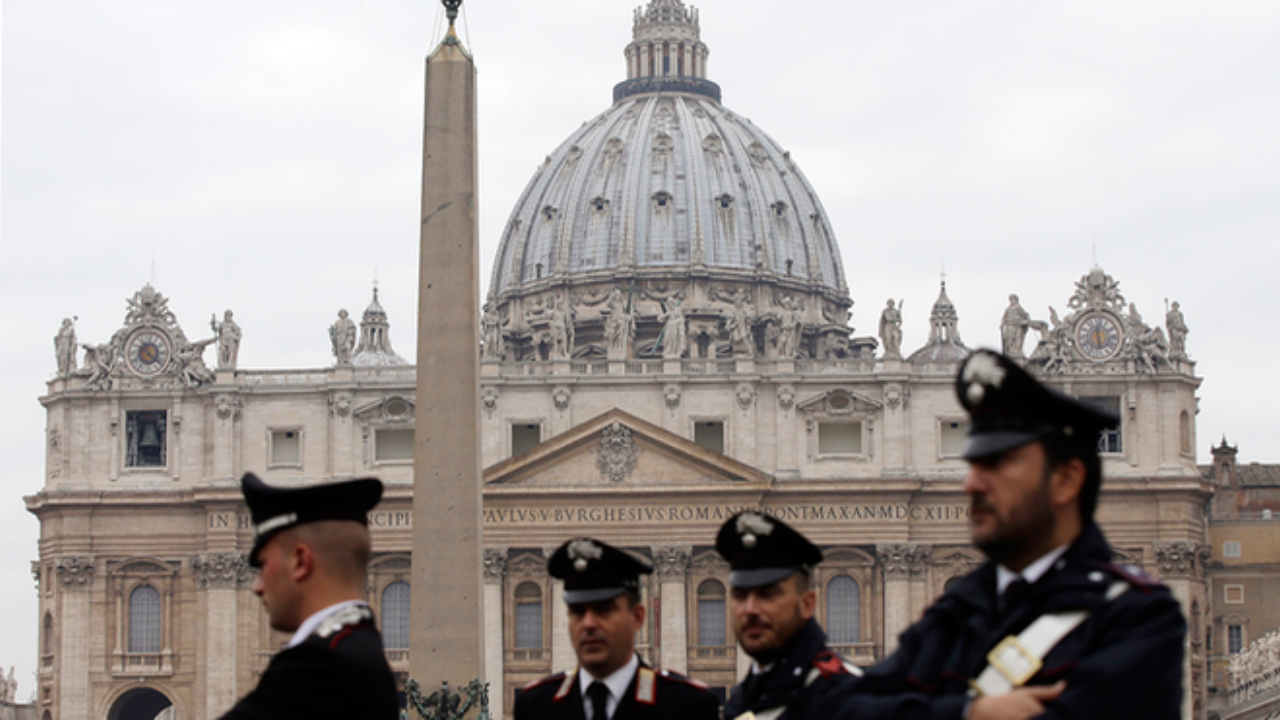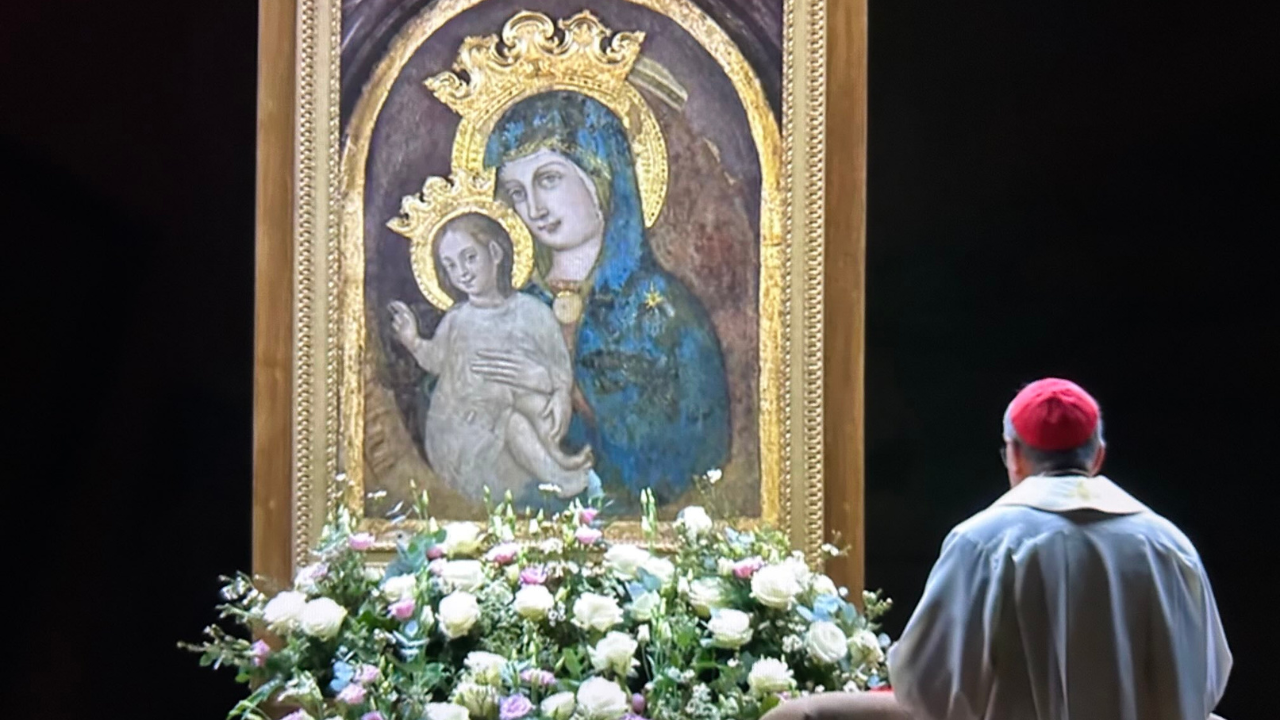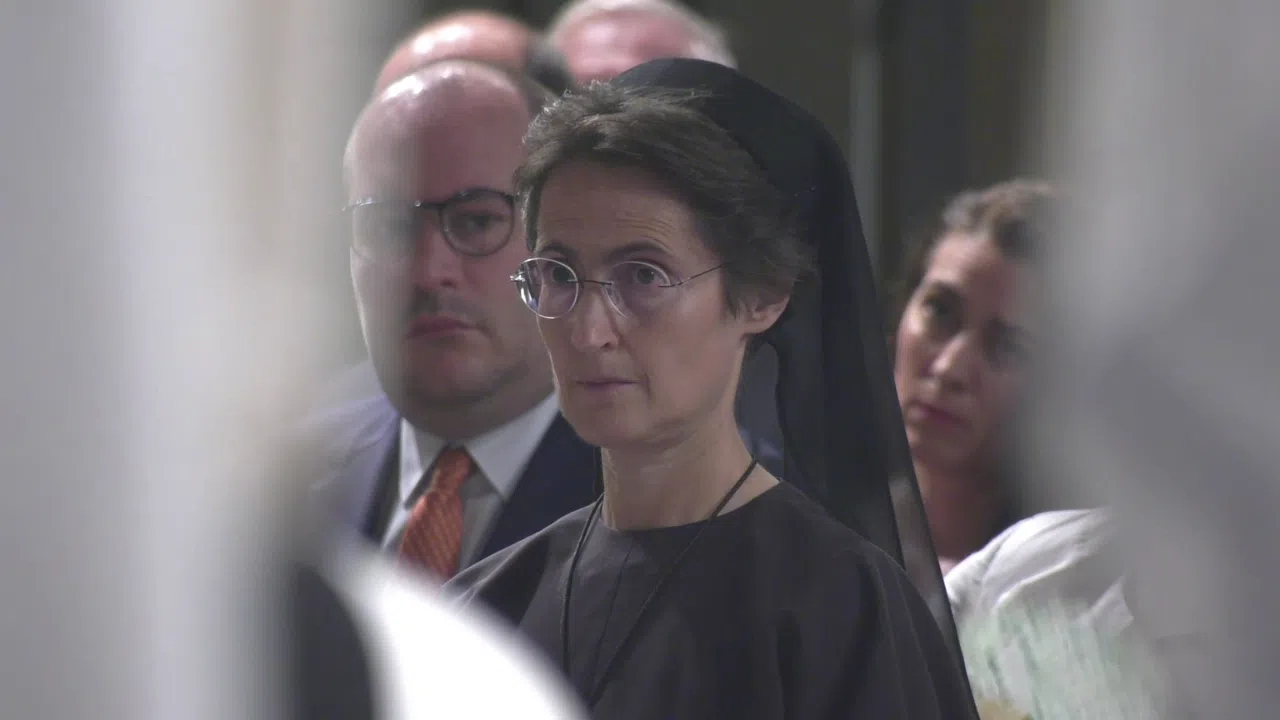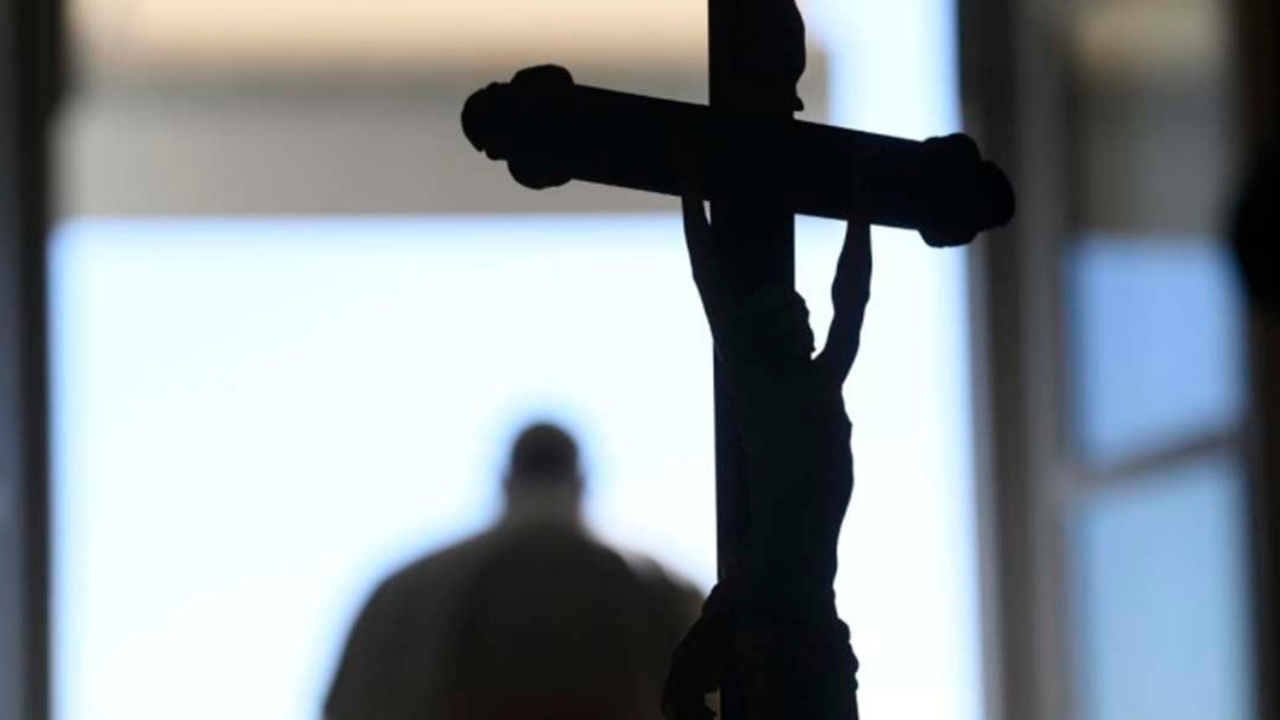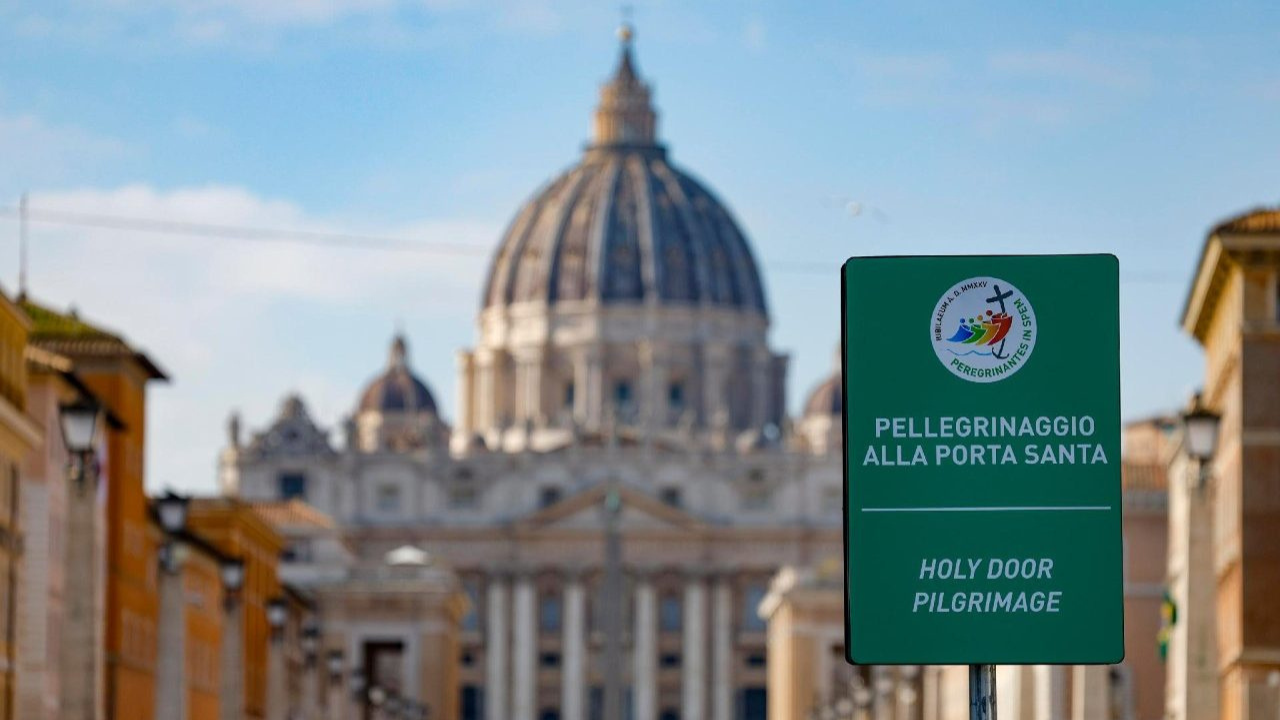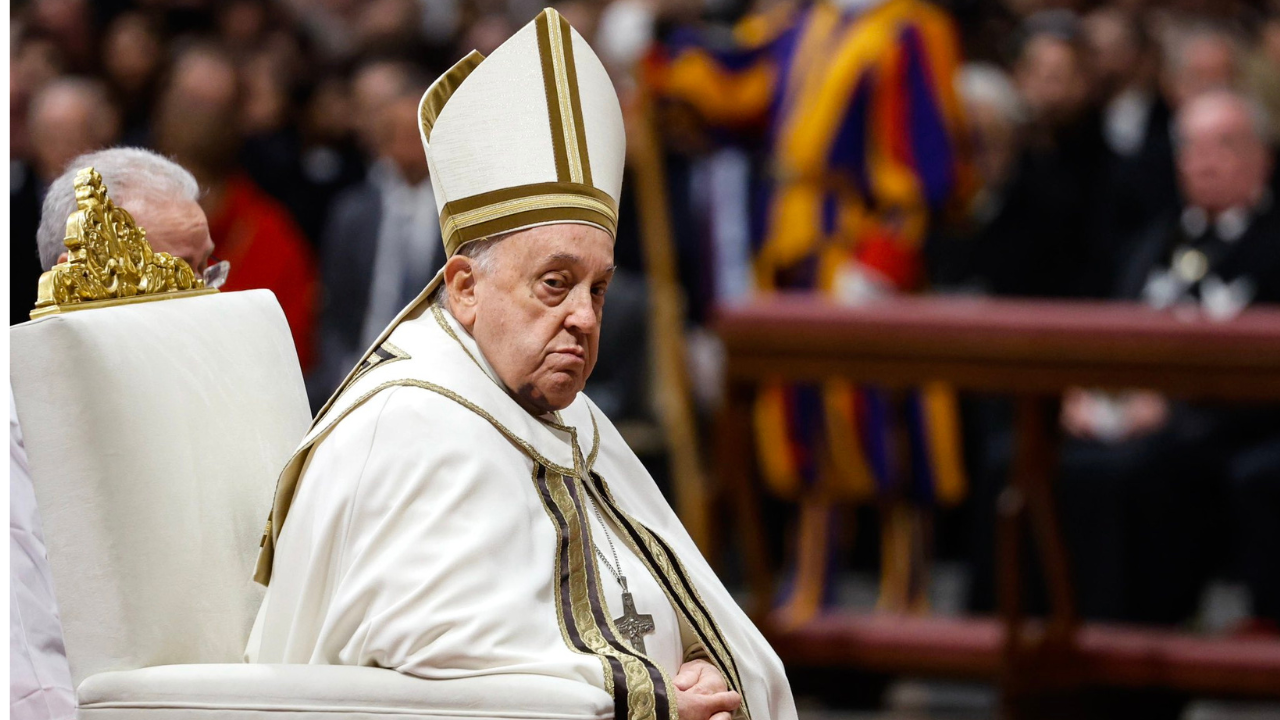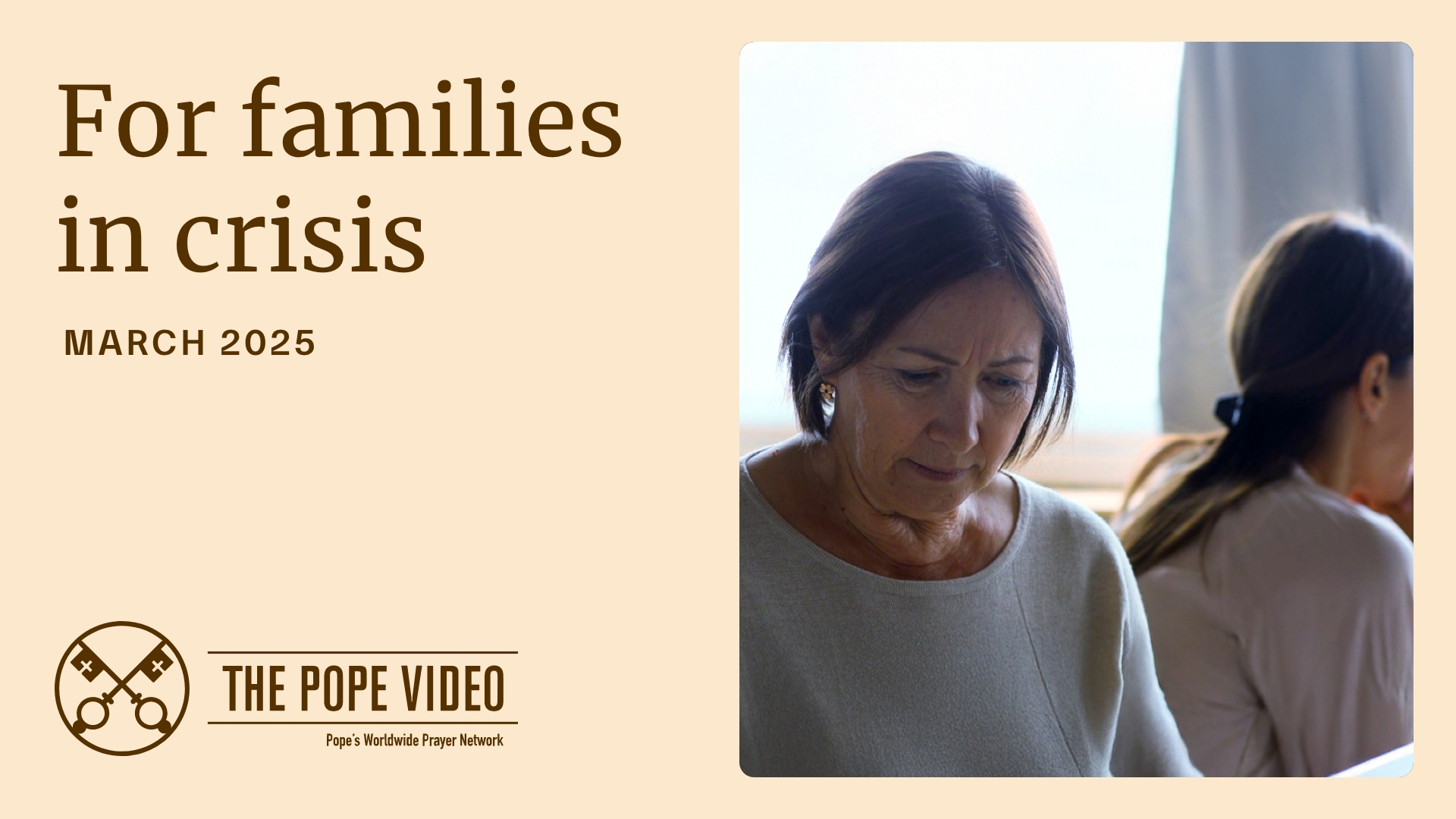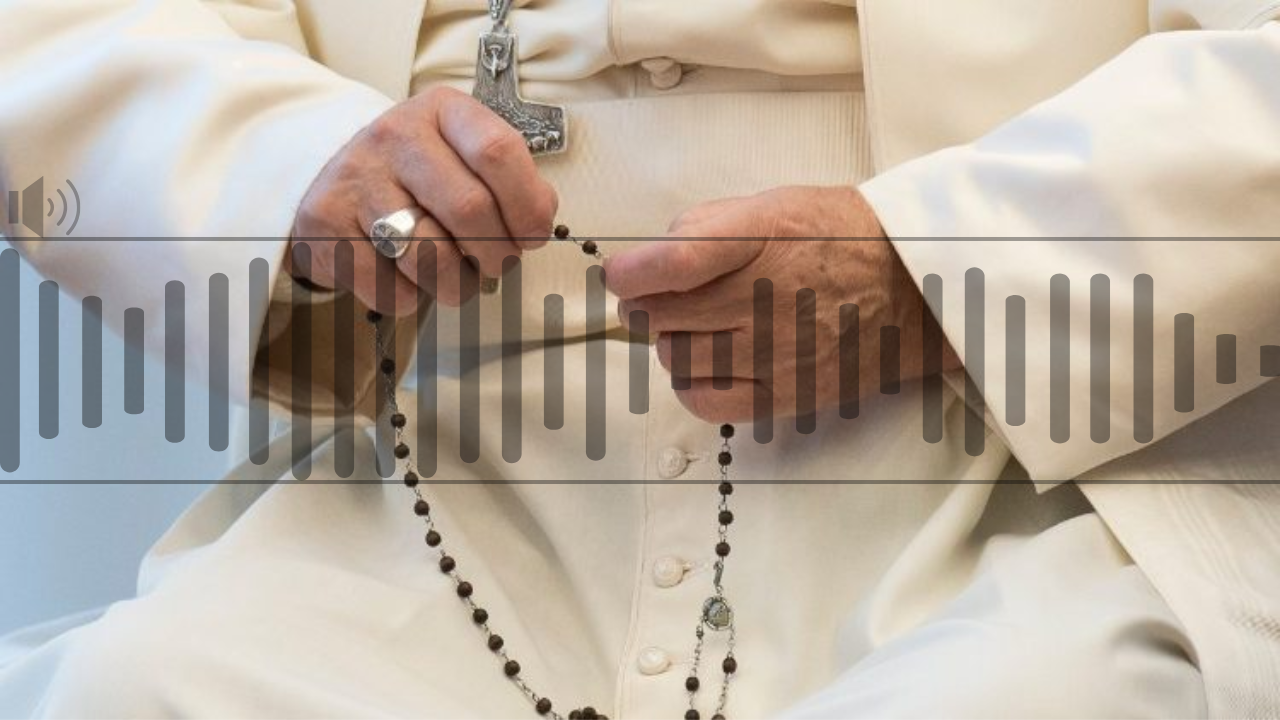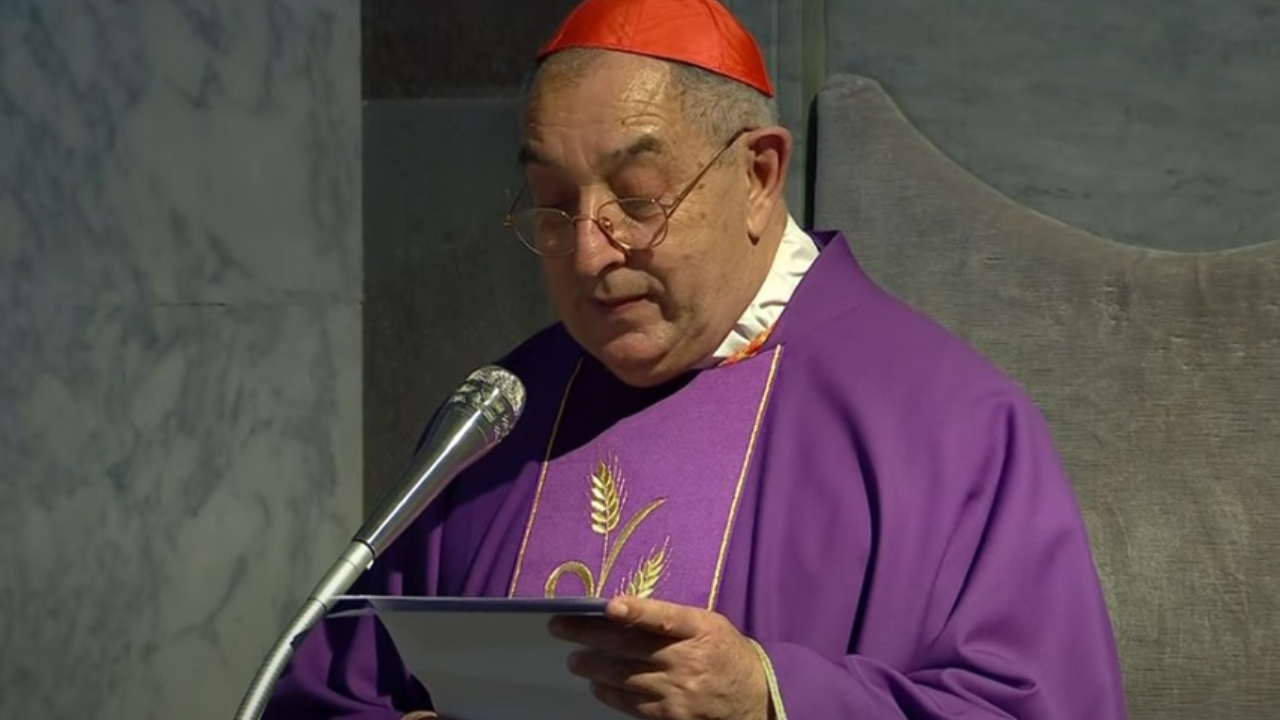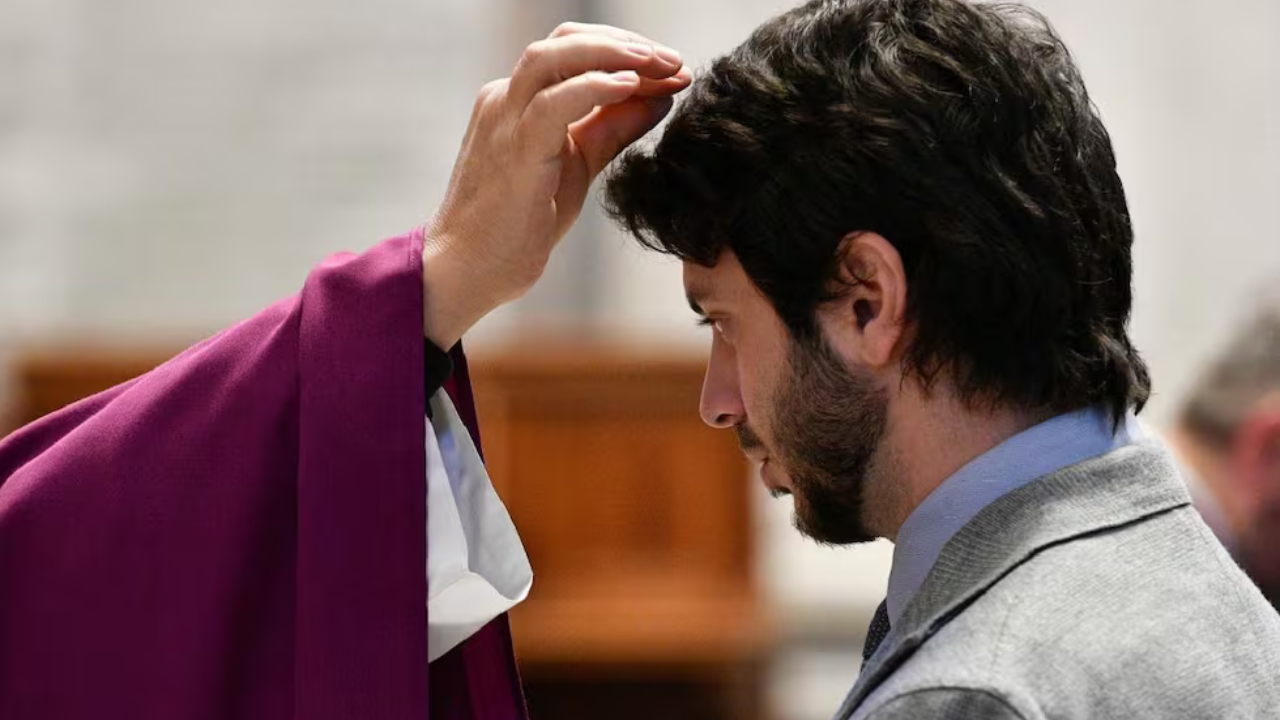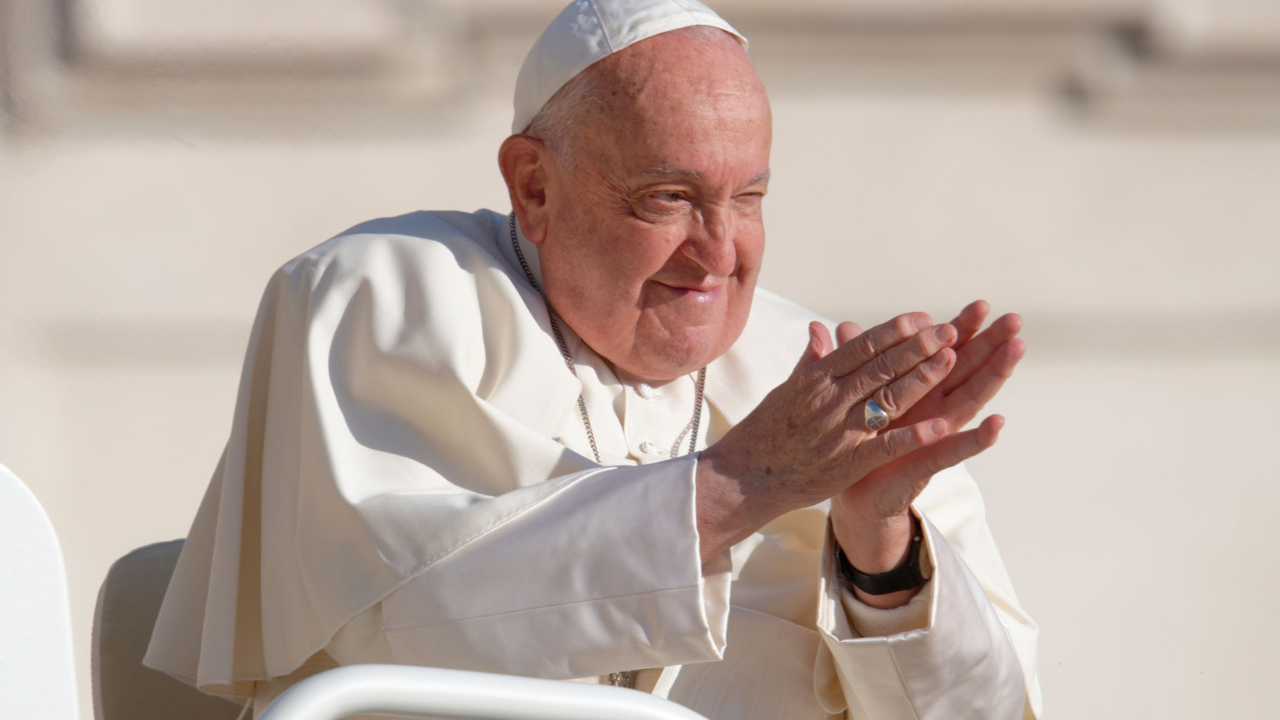In 2018 Asia Bibi, a Christian, was released after serving a 10-year prison sentence in Pakistan. She had been imprisoned on false blasphemy accusations, a crime punishable by death.
Now, in 2021, Bibi says the situation has not improved, and that anti-blasphemy laws continue to be abused.
ASIA BIBI
“There are many other laws that discriminate against us and allow for the legal persecution of Christians in the country.”
But Pakistan is not the only country that has seen a rise in violations of religious freedom in the past few years, according to the 2021 Report presented by Aid to the Church in Need.
ALESSANDRO MONTEDURO
Director of ACN (Italy)
“In 2018 there were 38 countries with reports of religious freedom violations; today there are 62. In 2018 there were 21 countries with extreme persecution; today there are 26.”
And while some countries, like Iraq and Syria, have seen a decrease in persecution, they now have other serious problems to address.
ALESSANDRO MONTEDURO
Director of ACN (Italy)
“For the first time, Syria and Iraq, in the Middle East, are among those countries marked by violations of religious freedom, but they are no longer in the category of extreme persecution. It's not that the situation is resolved. The problem there now is of a different nature, much more serious. It's called poverty. It's called unemployment. They're called economic sanctions.”
Terrorist groups like Daesh, who were dismantled in Iraq and Syria, took their radicalized Jihadist ideals to African countries like Chad, Mozambique, Mali, Niger, and Burkina Faso.
But persecution takes on many forms. In North Korea and China, religious groups are systematically suppressed by authoritarian regimes.
And in countries like India, Myanmar and Thailand, religious nationalism fuels the persecution of religious minorities.
The statistics are far from reassuring. But hope remains that the international community will work together to address this ever worsening situation.
CT

